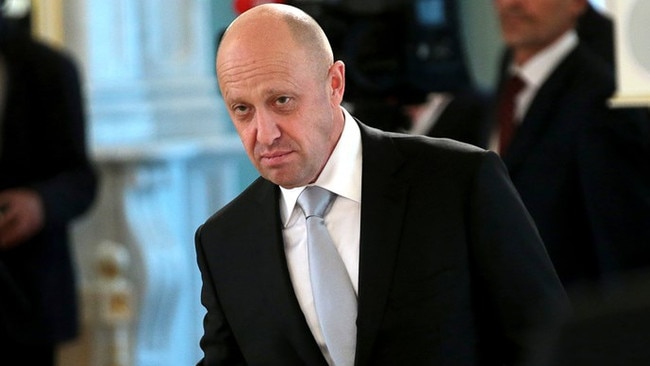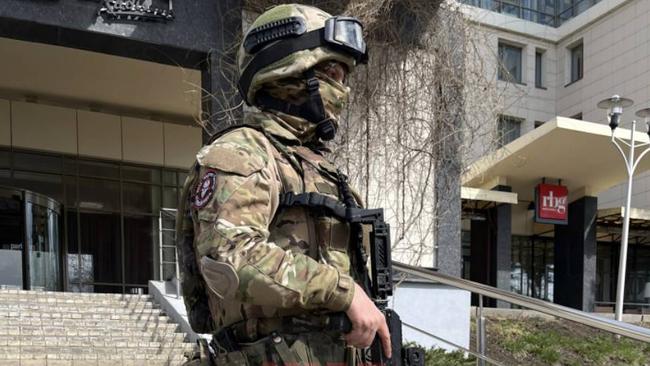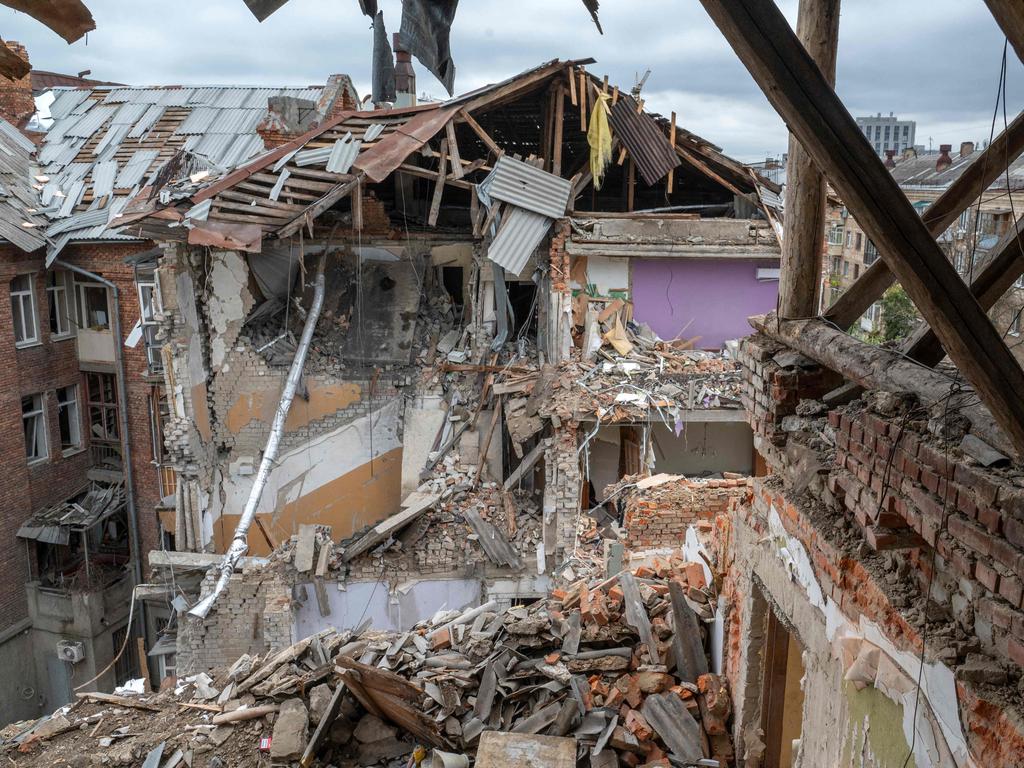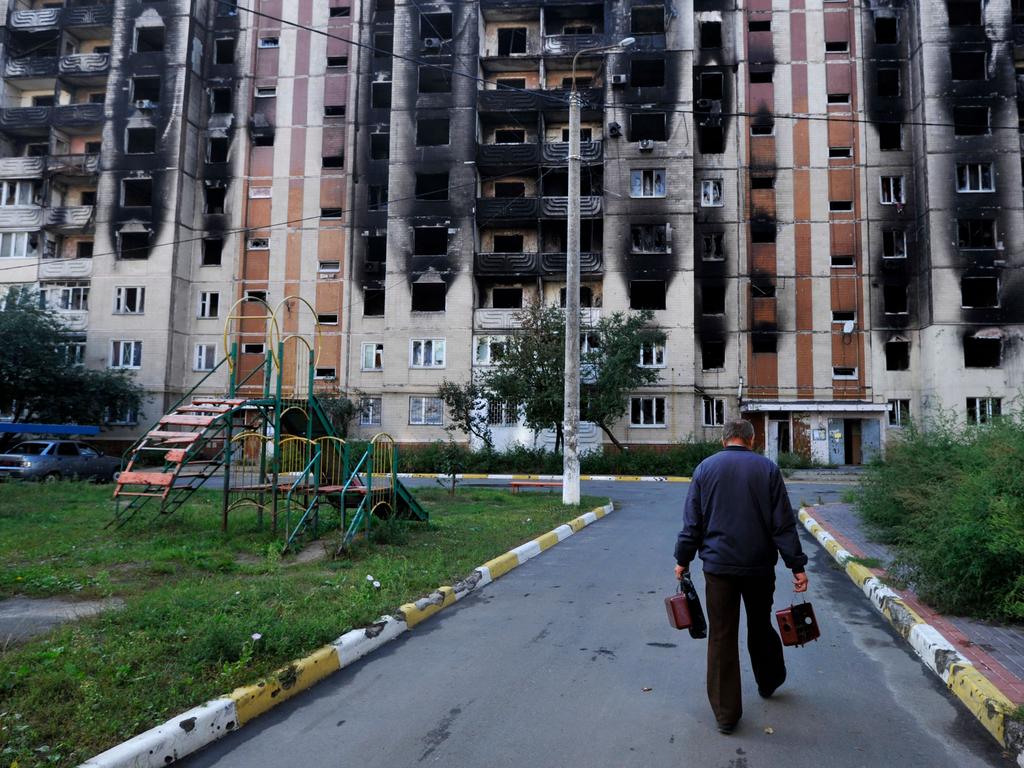Don’t have sex with locals or livestock, Wagner Group tells recruits
A notorious pro-Kremlin tycoon has told Russian inmates they will be pardoned if they join a mercenary group in Ukraine, but has warned of execution if they desert.

The head of a notorious pro-Kremlin mercenary group has told inmates at a Russian prison that they will be set free if they survive a six-month tour of duty in Ukraine, but executed if they desert.
The offer was made at a prison camp in central Russia by Yevgeny Prigozhin, a tycoon who runs the Wagner Group, a private military contractor. The group’s fighters have been accused of war crimes in Ukraine and Syria.

“In six months you will go home, having been pardoned,” Mr Prigozhin, 61, told inmates. “There is no chance of returning to prison.” Those who refuse to fight after arriving in Ukraine would be classified as deserters, he said. “And then they will be shot.”
Mr Prigozhin said Wagner fighters were barred from drinking or using drugs while at the front and were forbidden to “have sexual contact with local women, flora, fauna, men, whoever”. Russian forces have been accused of raping Ukrainian women in occupied towns.
“Is there anyone else who can free those of you with 10-year prison terms? There are two, Allah and God – they can get you out in a wooden box. But I can get you out alive,” Mr Prigozhin said. The video is believed to have been filmed at a prison camp in the Mari El region of Russia, 800km east of Moscow. Mr Prigozhin is known as “Putin’s chef” because his company provides catering services to the Kremlin, including a lucrative contract for school dinners in Moscow.

Moscow has stepped up efforts to recruit “volunteers” from Russian prisons to plug the gaps in its demoralised army. At least 10,000 prisoners have been recruited for the war.
Mr Prigozhin, a former hot-dog salesman, served nine years in prison for robbery in the Soviet era. He said the Wagner Group would consider applications from inmates aged 22 to 50, but exceptions could be made. “Any questions?” he asked after his speech. “You have five minutes to think things over.”
– The Times






